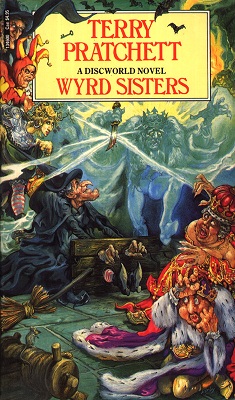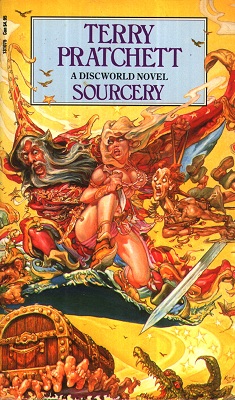How capitalism can make even already shitty beer much, much worse:
One Friday night in January, Rinfret, who is now 52, stopped on the way home from work at his local liquor store in Monroe, N.J., and purchased a 12-pack of Beck’s. When he got home, he opened a bottle. “I was like, what the hell?” he recalls. “It tasted light. It tasted weak. Just, you know, night and day. Bubbly, real fizzy. To me, it wasn’t German beer. It tasted like a Budweiser with flavoring.”
He examined the label. It said the beer was no longer brewed in Bremen. He looked more closely at the fine print: “Product of the USA.” This was profoundly unsettling for a guy who had been a Beck’s drinker for more than half his life. He was also miffed to have paid the full import price for the 12-pack.
[…]
There was another reason for Brito to be reticent. He’s been running AB InBev’s business in the U.S. like a private equity investor. He has increased revenue and profit, but he has done so almost entirely by raising prices and cutting the cost of making the product. This has done wonders for AB InBev’s balance sheet. “If you look at what AB InBev has done since it took over Anheuser-Busch, it has made it enormously more profitable,” says Trevor Stirling, a beer industry analyst at Bernstein Research (AB), who detects more than a little xenophobia in the criticism of the company. “Is that un-American? Is it unconstitutional to increase the profitability of a business?”
[…]
What will Brito buy after this? There’s not much left. There is Pepsi, of course. Analysts speculate that it will acquire SABMiller (SAB), the world’s second-largest brewer. (AB InBev isn’t saying.) That would be something, adding beers like Coors Light and Foster’s to AB InBev’s lineup. It might be bittersweet for him. After one last carnival of cost-cutting, he’d have no more easy ways to juice his company’s stock. There would be nothing left for Brito to do but sell beer.
This is what real late stage, financier and stock market driven capitalism looks like. A company like AB InBev doesn’t exist to sell beer, not even to sell shitty beer, it exists as a tool for financial speculation. The real money lies in buying other companies, orchestrating mergers, conquering new markets through joint ventures and wholesale takeovers of local companies, splitting off unwanted parts and selling them to other companies doing the same, squeezing costs and increasing margins all to provide the seed sum for the next round of speculation.
It doesn’t really matter whether or not sales in the long term, or even the medium to short term sales of beer collapse for AB InBev as long as the margins are higher now, because the real money isn’t made there anyway. All the real money is on the financial speculative side, rather than the physical beer selling side. Get your money, let some other sucker worry about the future.
That’s also why the “let them drink craft beer” response to this sort of article (some examples seen here) misses the point entirely. This isn’t about shitty beer getting worse, it’s how high capitalism destroys everything in its quest for high profits now.

